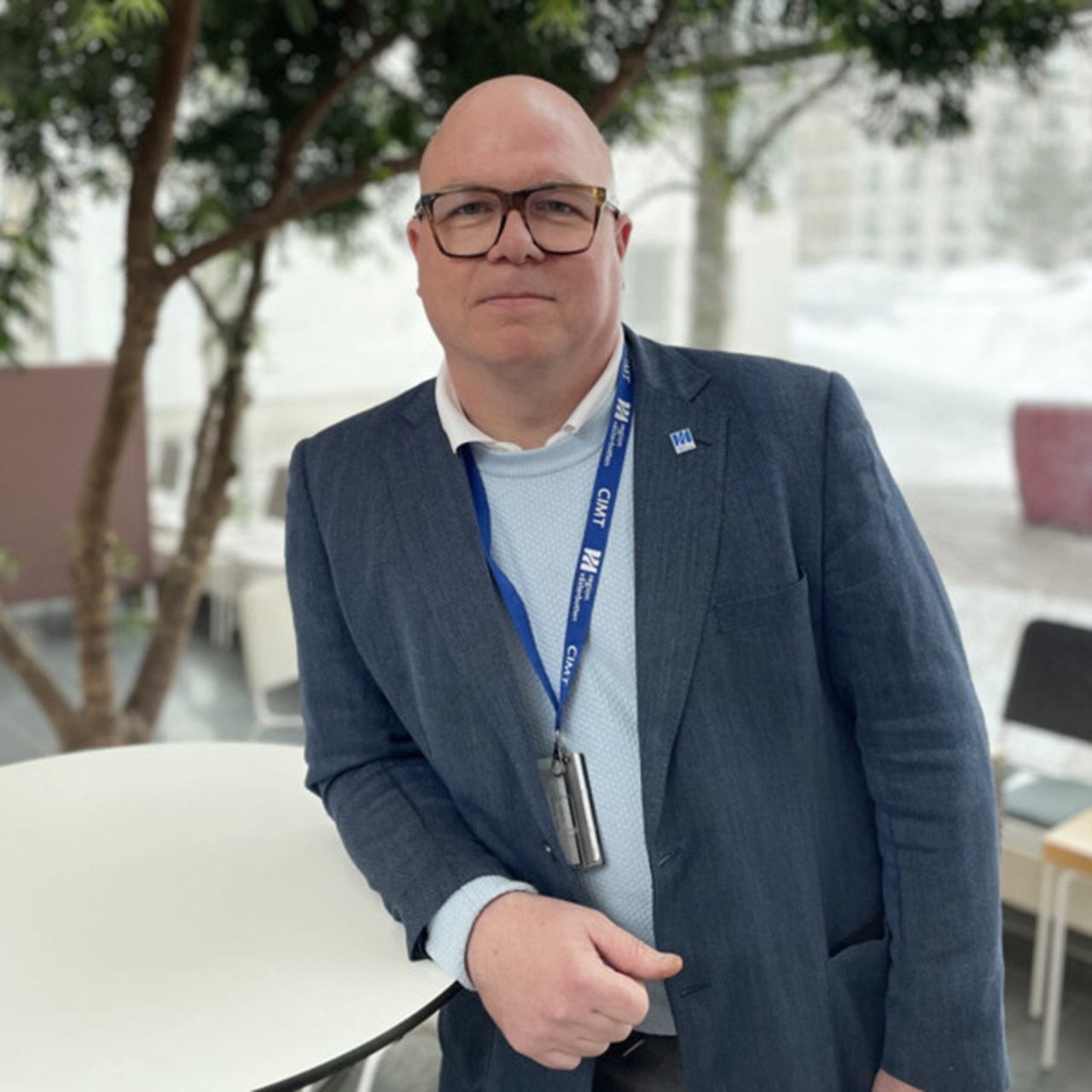
IT manager returns to his roots in the Industrial Doctoral School
PROFILE Nils-Petter Augustsson’s first contact with the Industrial Doctoral School for Research and Innovation was as a doctoral student. Today, several years later, he has returned to his academic roots, but this time in a different role – as a collaborative partner. We sat down with him to discuss his journey from student to IT manager, his return to academia, and how his previous experience is now being put to good use in his work at Region Västerbotten.



